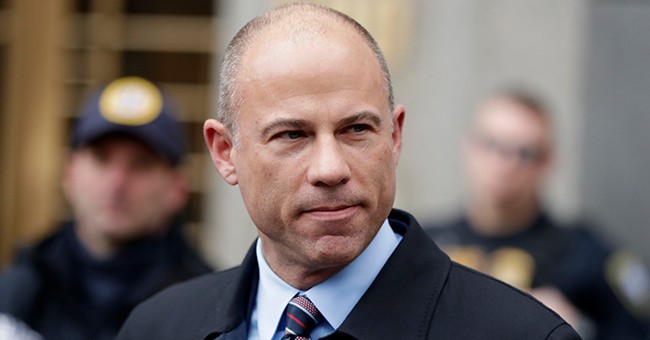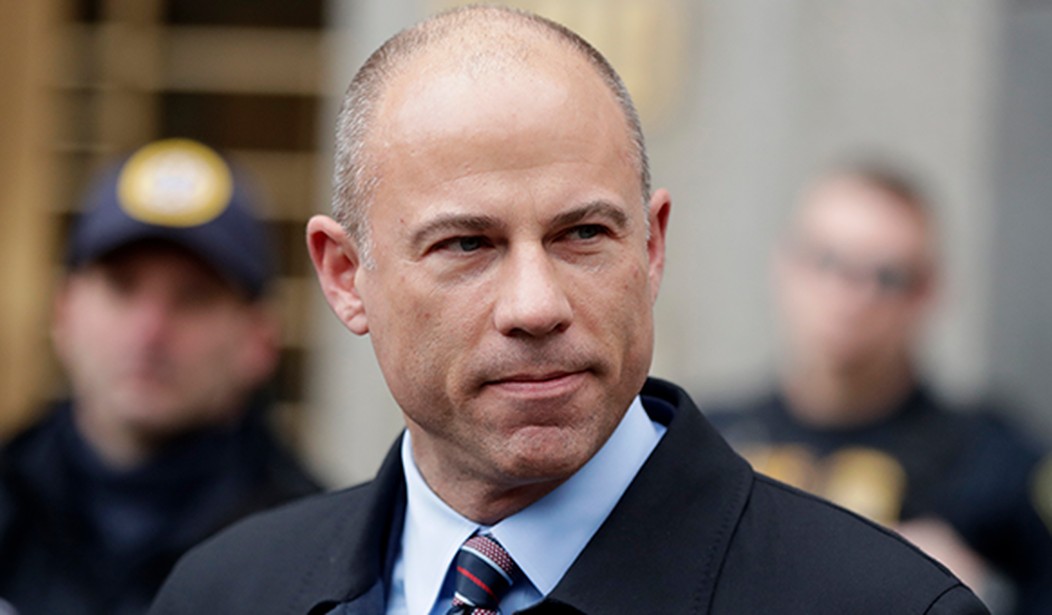
The attorney for Michael Avenatti, H. Dean Steward of San Clemente, California, has petitioned the federal district court in Los Angeles to be appointed as Avenatti’s attorney in the case — which means Avenatti wants the government to pay the legal bills and costs such as investigation and expert expenses.
This is hardly a new trick. It is a time-honored exercise for lawyers to be retained by defendants, work a few months on the case with the client paying the legal costs, and then petition the court to be appointed to the case when the client runs out of money and can no longer pay. It is a not-very-subtle way to try to pick your own attorney AND have the government pay the cost at the same time.
This generally ends badly.
I don’t know the normal manner in which these kinds of applications are dealt with in the Central District of California where Avenatti is facing a second criminal trial after having already been convicted in New York of having attempted to extort Nike. But in the districts where I was a prosecutor, the district court judges did not look favorably on such efforts. Generally, one of two things happened — the judge would ask to see the written agreement and determine the precise terms of the representation that were agreed to by the parties. If the terms are such that the attorney is obligated to represent the defendant to a particular point in the case for an agreed-upon amount, the Court will often force the attorney to continue in the case until that point is reached.
But where the agreement is such that the attorney agreed to represent a defendant only so long as the defendant could pay an hourly rate, in my experience, the judge is more likely to appoint a member of the CJA Panel who agree each year to serve as counsel for indigent defendants to represent Avenatti rather than have the taxpayers pay Avenatti’s counsel of choice simply because Avenatti hired him at some point in the past but can no longer afford to continue paying him. This is the only way to be fair and impartial with regard to all defendants who come before the court seeking to have counsel provided for them. There is a list of CJA Panel attorneys, and when a request is made and the defendant qualifies the judge simply appoints the attorney who is next on the list. No defendant gets to choose who on the list they want. If someone like Avenatti is allowed to hire an attorney, and then have his chosen attorney become court-appointed when he can no longer afford him, that gives Avenatti the opportunity to “choose” his appointed counsel in a manner not afforded other defendants with appointed counsel.
There are VERY LIMITED circumstances where a court might grant the kind of motion Avenatti is making. If the case is extremely complex, and the retained lawyer has spent a significant amount of time becoming versed in the facts and the law, it could end up saving the government a significant amount of money to keep that attorney on the case rather than bring in a newly appointed attorney who knows nothing about the case and is going to have to charge a significant amount of time and money just to get to the same level of understanding equal to the retained attorney. But those kinds of cases are few and far between. Nothing about Avenatti’s California case strikes me as so unusual that it would be more than a moderate expense for a newly appointed attorney to become familiar with the government’s evidence.
One fact that might work in Avenatti’s favor is that his attorney, H. Dean Steward, was formerly the head of the Federal Defender’s Office in Orange County Division of the Central District of California. So he likely enjoys good relationships with the judges in that district. That could be enough to tip the balance in his favor. It will be interesting to see how this goes.














Join the conversation as a VIP Member